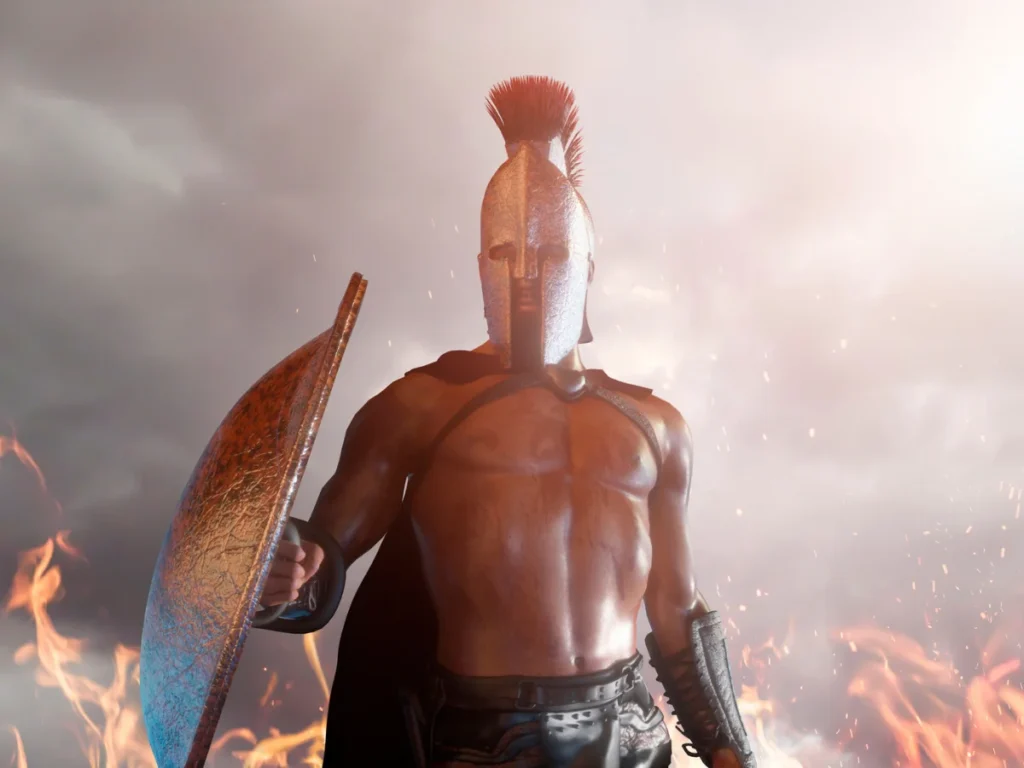Battle of Plataea
The Battle of Plataea, a pivotal clash in the Greco-Persian Wars, showcased Greek unity and tactical brilliance. Following earlier battles like Thermopylae, Artemisium, and Salamis, the Greek coalition, led by tacticians like Pausanias, pursued the Persians to Plataea. Through a coordinated defense strategy, including the phalanx formation and cavalry flanking, the Greeks decisively defeated the Persians, marking a turning point and securing Greek autonomy in the face of Persian invasion.

The Battle of Plataea
Battle of Plataea (479 BCE): The Decisive Land Victory
The Battle of Plataea stands as a pivotal confrontation in the Greco-Persian Wars, cementing Greek unity and delivering a decisive blow to the Persian invasion. This epic battle in 479 BCE bore profound connections to preceding events, including the Battle of Thermopylae, Naval Battle of Artemisium, and Battle of Salamis, illustrating a coordinated defense strategy against the Persian juggernaut.
Greek Unity and Tactical Brilliance
After the defeat at Thermopylae, the Greek city-states recognized the need for collective action against the Persian invaders. The Greek coalition, led by brilliant tacticians like Pausanias and Aristides, assembled a formidable land force. Their unity and coordination were instrumental in facing the Persian army under Mardonius.
The Persian Retreat and Greek Pursuit
As Mardonius retreated to Plataea, seeking a defensible position, the Greek commanders seized the opportunity. They pursued the Persians and, through a series of skirmishes, maneuvered them into a disadvantageous position, isolating Mardonius’ forces from their supply lines.
The Battle Unfolds
The Battle of Plataea commenced as the Greek hoplites formed a phalanx, a shielded infantry formation. This defensive line withstood Persian attacks and gradually advanced, creating immense pressure on the Persian troops. Simultaneously, the Greek cavalry under the leadership of the Spartan general, Pausanias, conducted a flanking maneuver that encircled the Persian forces.
Decisive Victory
The Greek strategy bore fruit, and Mardonius fell in battle. The demoralized Persians, deprived of their leadership, succumbed to the relentless Greek assault. Battle of Plataea culminated in a resounding Greek victory, as the remnants of the Persian army fled in disarray. This triumph marked a turning point in the Greco-Persian Wars.
Synchronicity of Battles
The Battle of Plataea was intrinsically linked to earlier events. The heroic defense at Thermopylae and the naval victories at Artemisium and Salamis had weakened Persian forces, making Mardonius’ army vulnerable. Greeks leveraged these advantages with meticulous planning and coordination.
Legacy and Historical Significance
The victory at Plataea shattered Persian ambitions in Greece and provided a lasting testament to Greek resilience and unity. This decisive battle, coupled with the naval triumphs and earlier heroics, ultimately secured Greek autonomy, repelling the Persian invasion. The collective effort and strategic brilliance displayed in these battles continue to inspire military historians and strategists to this day.
